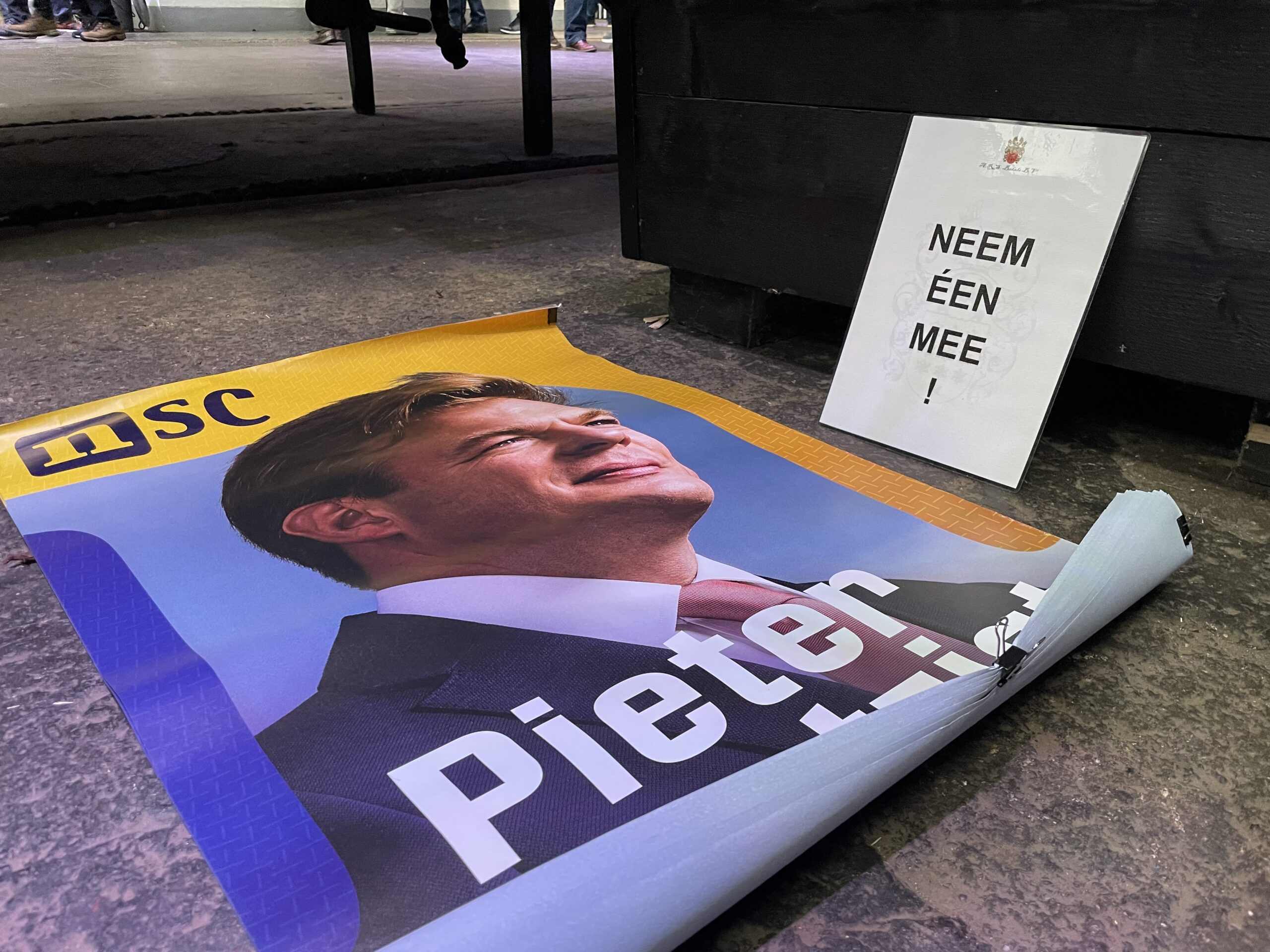The politics of emotion: we are poorer without Pieter Omtzigt
Senay Boztas
Pieter Omtzigt never wanted his new party to be too big. Before the last election – with the good people of the Netherlands shocked by 40,000 parents incorrectly stamped as childcare benefit fraudsters and Groningen’s earthquakes ignored in the scavenge for gas – at one point, New Social Contract was leading the polls.
It’s the fate of many protest parties to catch the wind of the national mood and then collapse. This happened to Pim Fortuyn’s LPF, to the AOV old people’s alliance in the early 1990s, to the Forum for Democracy and the BBB farmers’ party.
The problem is when a party that represents a national mood is embodied in one person.
This week, after his emotional resignation speech to the press and goodbye in parliament, the Dutch press has been full of analysis of the fatal flaws of Pieter Omtzigt.
A former Christian Democrat, Brexit rapporteur and EU politician who uncovered a murder scandal in Malta, his fame grew to religious proportions after he came back from a burn-out and set up his own party, New Social Contract. The aim was to put good governance at the heart of politics, married with a right-wing and inward-looking flavour, hostile to foreign students and labour migration.
There were contradictions from the start. He commissioned a report on the Dutch housing crisis and ignored its main finding that tax perks for homeowners should quickly be phased out because they pump prices. He stood for good governance but reneged on an electoral promise not to work with “unconstitutional” parties – Geert Wilders’ PVV, whose manifesto called for a ban on mosques, the Koran and Islamic schools. Omtzigt stood for openness and correct behaviour, but strictly controlled where he was photographed in parliament and was known for emotional outbursts.
Awkward
There are careers where being an awkward buzzard is part of the job description – investigative journalists digging up boring documents and asking difficult questions; mouthy backbenchers who stand up for those crushed by the system; campaign bodies that investigate corruption or go to court to test whether law is correctly applied. They involve a balance between rage and neutrality, between emotion and getting on with the job.
Anyone who has spent any time reporting on parents who were financially ruined in the childcare benefits scandal, whose children were taken away, who describe getting their benefits file and seeing a scribbled black Piet in the corner, cannot fail to be affected. Or Groningers who were told that the cracks in their bathroom were caused by using soap to shower.
This week, in a column in the Financieele Dagblad, neurobiologist Brankele Frank argued that ministers should have an empathy scan if we want a society “where we see each other as people”. Then again, ex-Senator Gerdi Verbeet wasn’t wrong when she told a chat show that “slow and boring politics” is the best kind.
Poisonous
But we have a right-wing government including a party that horrifies many decent people in the Netherlands. Perhaps, for an upright politician, the emotion gets too much when every day involves working with a man who has spent two decades in an open prison of 24-hour security, with a loathing of one religion, a criminal record for insulting Dutch Moroccans and a history of defaming liberal women.
Should New Social Contract have agreed to a coalition with the PVV? The VVD showed no sign of wanting to join a coalition with left-wing Frans Timmermans, having plotted to open the door to the far right. A quarter of Dutch voters chose Wilders.
It’s unclear what happens now for New Social Contract. Roughly 18 out of its 20 seats came from the personal vote for Pieter Omtzigt alone, although it has among its team credible politicians including foreign minister Casper Veldkamp, former Dutch councillor of the year Diederik Boomsma and whistleblower in the childcare benefits scandal Sandra Palmen.
Perhaps Omtzigt himself had a passion for change without the cool head to be a party leader. Maybe he operated in a poisonous workplace for too long. Probably his young party simply got too many votes. Dutch politics is poorer without him.
Thank you for donating to DutchNews.nl.
We could not provide the Dutch News service, and keep it free of charge, without the generous support of our readers. Your donations allow us to report on issues you tell us matter, and provide you with a summary of the most important Dutch news each day.
Make a donation